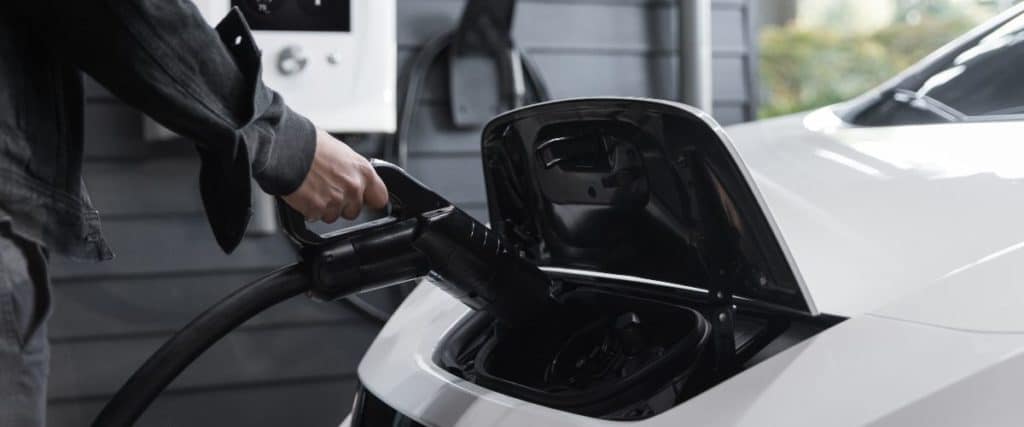PTT Group and Banpu, two of Thailand’s largest fossil fuel suppliers, join electric vehicle boom in the country, starting with EV rental apps.
Fossil fuel suppliers PTT Group and Banpu in Thailand are moving towards more sustainable transportation methods as they join the country’s electric vehicle (EV) targets and launch EV rental platforms.
PTT’s “EVme” rental app kicked off on February 15th, 2022, and offers a range of EVs for users to rent, including the Jaguar I Pace, Lexus UX 300e and Tesla Model 3. The models are available to hire for hours or even months, offering an accessible option for residents to try out EVs which may convert into a purchase, aligning with the Group’s plans to release their own EV model.
“We offer the experience of [test driving then owning] an EV via a modern digital platform at reasonable prices,” said Suwitcha Sudjai, the CEO and Managing Director of EVme Plus, “This will allow consumers to try EVs for themselves before making a purchasing decision in the future.”
PTT is also working with Taiwan’s Foxconn to open an electric vehicle factory in Thailand, with an initial target of producing 50,000 units annually while working towards a 150,000 goal. The group plans to release its own EV market in 2023.
Thailand’s Banpu, the largest coal miner in Asia, has partnered with local car-sharing platform Haupcar by providing EV rentals, with 50 models available to choose from on the “Haup” app, their electric tuk-tuks included.
The two companies are responding to a need for more charging stations across the country, and are working to solve this quickly as they adapt to the evolving EV market in Thailand. The government along with other businesses are looking to reinforce the country’s charging infrastructure as it transitions to zero-emission vehicles.
At the moment, PTT Group has 100 stations set up around the country, and is aiming to triple their number by the end of the year. In addition, the Electricity Generating Authority of Thailand has 23 charging stations in place, and is targeting to install 100 more by the end of 2022.
Thailand is aiming for 30% of all auto production being for EVs by 2030, with 725,000 out on its streets, and to achieve 100% zero emission vehicle manufacturing by 2035.





